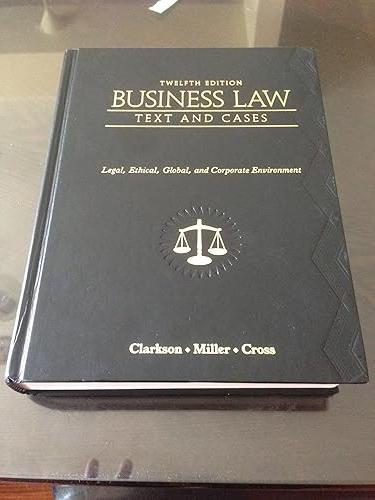On October 6, 2005 Plaintiffs [Vernon Hammett and others] purchased a residential property in Alexandria. As part
Question:
On October 6, 2005 Plaintiffs [Vernon Hammett and others] purchased a residential property in Alexandria.
As part of that transaction, Plaintiffs executed a promissory note (the
“Note”) in the amount of $475,000 and a deed of trusta (the “Deed”)
securing the note in favor of Encore Credit Corporation (“Encore”).
The Note was presented to the Court with an attached “allonge”b which contains a blank endorsement which reads: “Pay To The Order Of ____ Without Recourse Encore Credit Corp. A California Corporation.” Defendants [Deutsche Bank National Company and others]
are now in possession of the Note.
At some point after executing the Note and the Deed, Plaintiffs
“refused” to continue paying on their obligation under the Note.
Defendants then initiated foreclosure proceedings on the Property.
Defendant Deutsche Bank * * * subsequently purchased the property at the foreclosure sale * * * .
* * * *
Plaintiffs fi led their Complaint on September 8, 2009 in the Circuit Court for Fairfax County, Virginia.
Defendants then removed the action to this Court and fi led motions to dismiss on January 13, 2010 and February 25, 2010, respectively.
* * * *
Plaintiffs allege that the entities which foreclosed on their home are not entitled as a matter of law to do so. Specifi cally, Plaintiffs allege that “Defendants have no legal or equitable right or interest in the Promissory Note and/or the Deed of Trust * * * . However, nothing in Plaintiffs’ conclusory [convincing, but not defi nitive] allegations provides a plausible basis for relief after considering the settled law of negotiable instruments or the enforcement of a deed of trust securing notes after their negotiation.
Under Virginia law, the holder of an instrument or a nonholder in possession of the instrument with the same rights as the holder may enforce the instrument.
Further, an individual may be “entitled to enforce the instrument even though the person is not the owner of the instrument or is in wrongful possession of the instrument.”
An individual becomes the
“holder” of an instrument through the process of negotiation, and if “an instrument is payable to an identifi ed person, negotiation requires transfer of possession of the instrument and its endorsement by the holder.” On the other hand, if an instrument has a blank endorsement, it is considered “payable to bearer,” and it may be negotiated by transfer of possession alone. In this case, the face of the Note shows that the Note has a blank endorsement.
Accordingly, it may be negotiated by a simple change in possession and enforced by its current possessor, Deutsche Bank. [Emphasis added.]
Further, absent a contrary provision, notes are generally freely transferable, and the transferee retains the right to enforce the instrument.
The explicit terms of the Note at issue here indicate that it is freely transferable. (“I understand that the Lender may transfer this Note. The Lender or anyone who takes this Note by transfer and who is entitled to receive payments under this Note is called the Note Holder”).
By their own allegations, Plaintiffs admit they “refused to pay” on the Note. * * * To permit the parties to the [instrument] to object to its payment, on any of the grounds stated, would greatly impair the negotiability of bills and notes[,]
their most distinguishing, most useful, and most valued feature.”
* * * *
Plaintiffs’ Complaint fails to state a plausible basis on which relief may be granted. * * * Accordingly, this case is dismissed.
Questions:-
1. How do the requirements for negotiation of an instrument with a blank qualifi ed indorsement, as was used in this case, differ from those for negotiation of an instrument with a special qualified indorsement?
2. Suppose that the indorsement at issue in this case had been written on a separate document that was not firmly affixed to the note. Would this document have constituted an allonge? Would Deutsche Bank be entitled to enforce the note? Explain.
Step by Step Answer:

Business Law Text And Cases Legal Ethical Global And Corporate Environment
ISBN: 9780538470827
12th Edition
Authors: Kenneth W. Clarkson, Roger LeRoy Miller, Frank B. Cross





